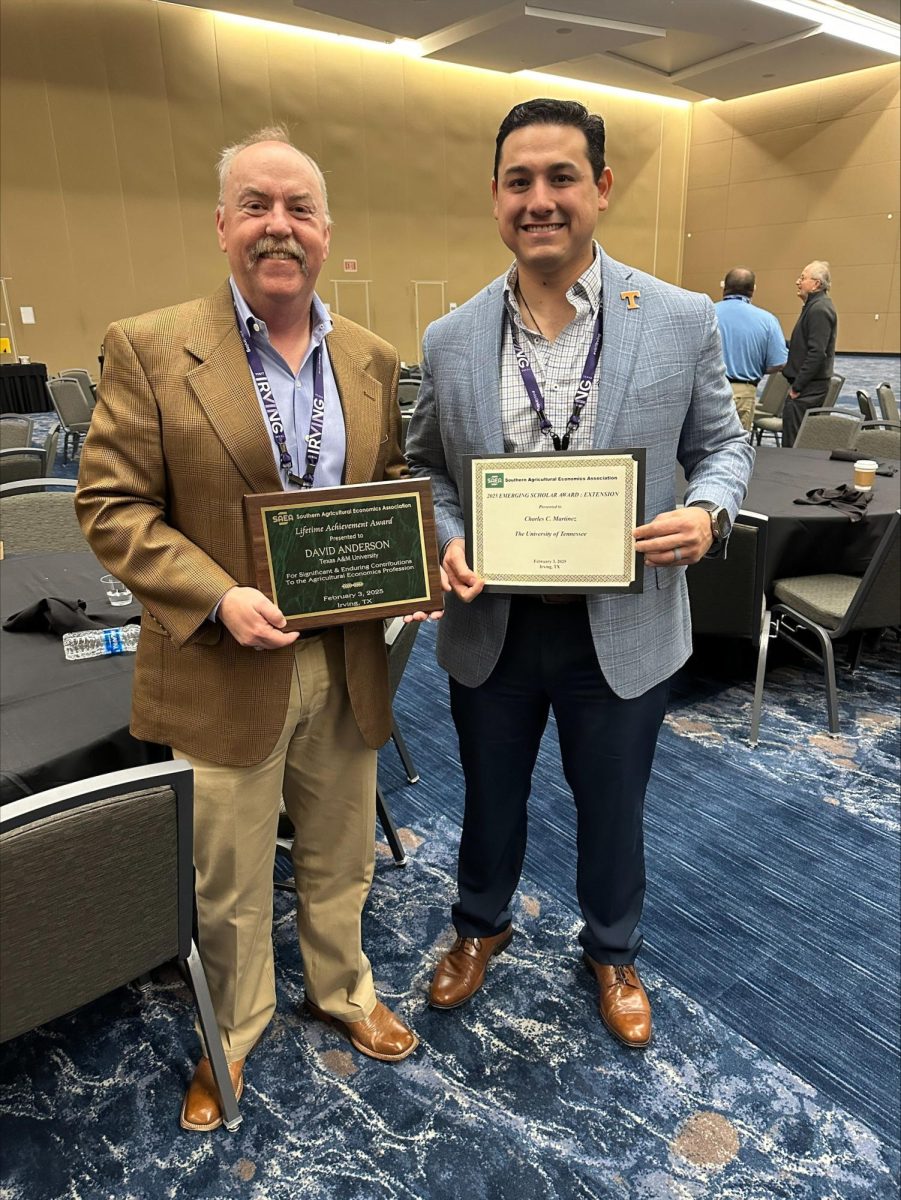FORT WORTH (AP) – Zoo patrons here pay nearly twice the state average to watch snakes slither, ferrets frolic and cheetahs chase each other, according to an Associated Press study of Texas’ accredited zoos.
Fort Worth Zoo officials, citing a growing budget and a lack of city funding, raised admission prices last year to $8.50 per adult, the highest in the state. The average adult ticket price for the 11 American Zoo and Aquarium Association-accredited zoos in Texas is $4.27.
Fort Worth’s zoo had a $17 million budget – the second-largest among AZA-accredited Texas zoos – less than 19 percent of which came from the city in 2000-2001. The city funded 19.4 percent of the zoo’s budget the previous year and 22.3 percent in 1998-1999, according to records.
Some visitors say the rising ticket prices won’t keep them from coming to see the animals.
“We don’t mind paying more as long as it’s a good zoo and the kids enjoy it,” said Jeff Rosso of Dallas, who visited the Fort Worth Zoo recently with his wife and two children. “This is a nice one, so it’s worth it.”
Most zoos charging admission less than the state average – Abilene, El Paso, Lufkin’s Ellen Trout, Houston and Waco’s Cameron Park – get more than half of their budgets from the city, which own those zoos.
The exception is the 95-acre city-owned Dallas Zoo, which charges $7 per adult. The city funded nearly 82 percent of the Dallas Zoo’s $11 million budget for 2000-2001, records show.
“We’re operating a big facility with a relatively small operating budget,” said Dallas Zoo Director Rich Buickerood, who compares his prices to admission rates of area museums, attractions and sporting events and large zoos outside Texas. “We’re still darn near the cheapest in Dallas, and as a public entity, we’re held accountable.”
Other Texas zoos with above-average ticket prices are run by nonprofit zoo societies and get a small percentage of their budgets from government sources.
The San Antonio Zoo received only 7 percent of its $9 million budget from the city in 2000-2001. The zoo raised its adult rate in 1999 to $7, the second-costliest zoo ticket in the state.
Brownsville’s Gladys Porter Zoo, charging $6.50 per adult after a rate increase in 2000, received nearly 8 percent of its $3.5 million budget from the city last year.
Tyler’s Caldwell Zoo offers free admission but gets no city money to operate. The zoo is owned, operated and funded entirely by the nonprofit Caldwell Family Foundation.
Ticket prices are among the lowest in the state at Victoria’s Texas Zoo, although it received 33.7 percent of its $341,000 budget from the city last year.
“We’re not fat and happy,” said Texas Zoo’s acting director Bill Farnsworth. “It’s a constant challenge to raise the money we need to operate. But with about a third from the city, it’s a good start.”
Most zoos across the country charge from $8 to $10 per adult ticket, and larger zoos charge much more, said AZA spokeswoman Jane Ballentine. Zoo Atlanta charges $15; San Diego Zoo, $18; San Diego Wild Animal Park, $23.95; and Tampa, Fla.’s Busch Gardens, which includes an amusement park, $56.95. Fifteen U.S. zoos are free.
“The zoo ticket prices in Fort Worth and other cities in Texas don’t seem outrageous,” Ballentine said.
Caring for animals isn’t cheap. For example, the Fort Worth Zoo has four or five different species of eucalyptus plants flown in daily for koala bears, which refuse to eat the same thing every day.
Some cities fund all operating and maintenance costs for their zoos, which are run like city departments. One city pays only zoo employees’ salaries and benefits.
Other zoos are public-private partnerships, where a city owns buildings and grounds, and a zoo society owns assets, raise money for capital projects, operate gift shops and, in some cases, actually run the zoos.
Officials at zoos across the country say city funding usually decreases every year. That’s why some zoos, including Houston’s, are looking into being run by a private nonprofit corporation.
“Zoos are always at the end of the alphabet when it comes to public funding,” says Rick Barongi, general manager of the Houston Zoological Gardens, which received more than half its $17.5 million budget from the city last year and has almost the lowest admission rates.
The American Zoo and Aquarium Association, founded in 1924, represents 201 zoos and aquariums in North America that apply for accreditation. The agency ensures that zoos are financially stable, have education programs and provide quality care and living environments for animals.
Other AZA-accredited facilities in Texas are the Fossil Rim Wildlife Center in Glen Rose; Dallas Aquarium at Fair Park; Dallas World Aquarium; Rainforest at Moody Gardens in Galveston; SeaWorld San Antonio; and Texas State Aquarium in Corpus Christi. —
On the Net:
American Zoo and Aquarium Association: http://www.aza.org
Zoo budgets, prices vary across Texas
September 24, 2001
0
Donate to The Battalion
$2790
$5000
Contributed
Our Goal
Your donation will support the student journalists of Texas A&M University - College Station. Your contribution will allow us to purchase equipment and cover our annual website hosting costs, in addition to paying freelance staffers for their work, travel costs for coverage and more!
More to Discover









